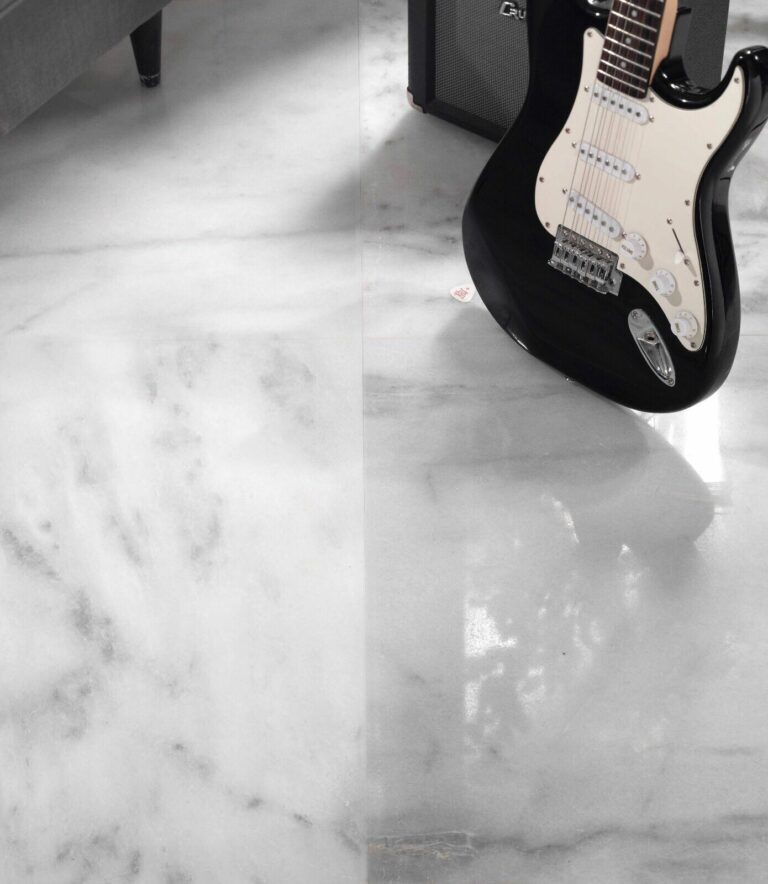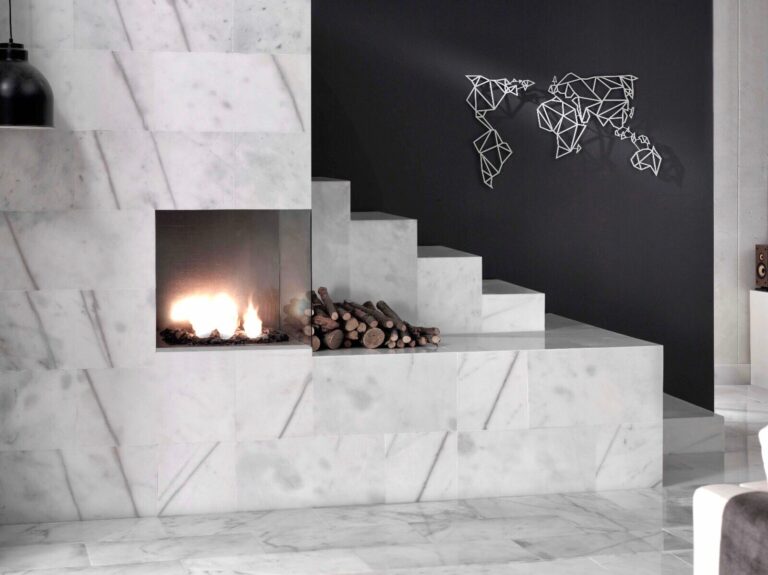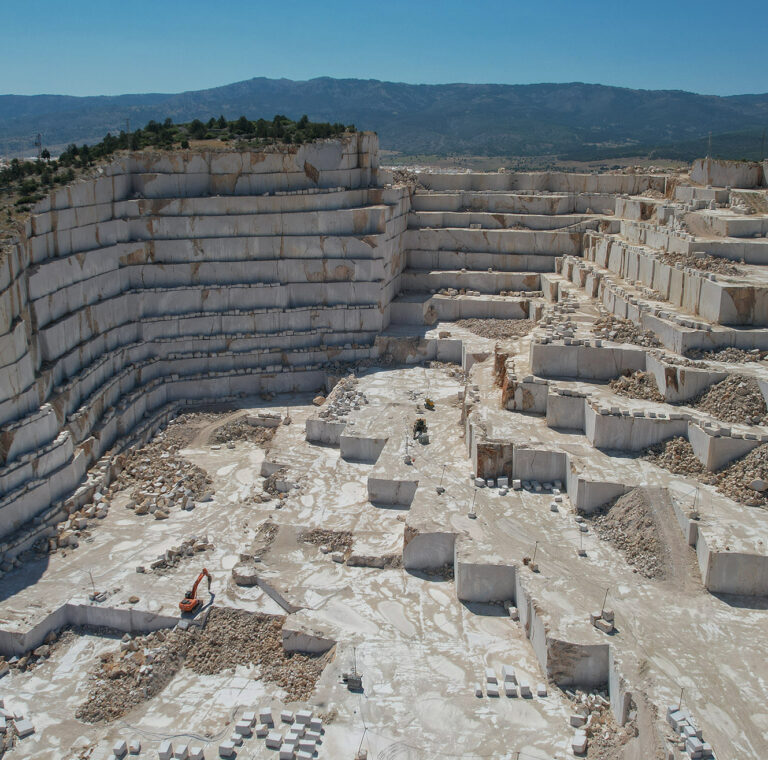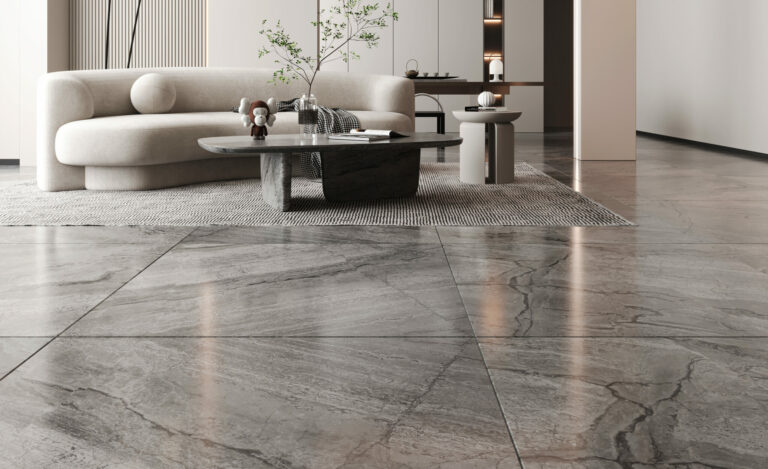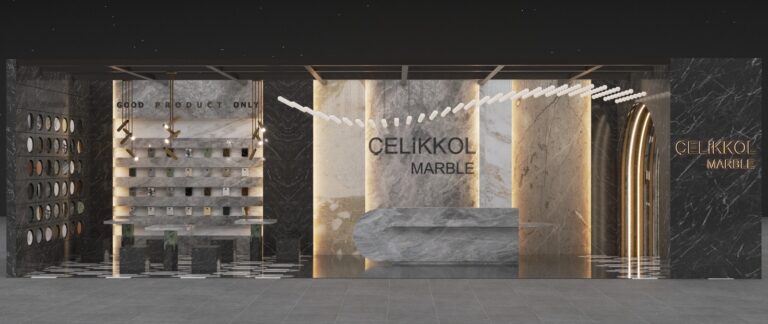Are you in the market for new kitchen countertops? Choosing the perfect stone for your kitchen countertops can be a daunting task, but fear not, we’ve got you covered with our ultimate guide. Whether you’re a culinary enthusiast or simply want a stylish and durable surface for your kitchen, this guide will help you make an informed decision.
In this comprehensive guide, we’ll explore the various types of stones available for kitchen countertops, including granite, marble, quartz, and more. We’ll delve into their unique characteristics, benefits, and drawbacks, helping you weigh your options and choose the perfect stone that meets your specific needs and preferences.
From durability and heat resistance to design versatility and maintenance requirements, we’ll cover all the essential factors to consider when selecting your kitchen countertop material. With this knowledge, you’ll be equipped to make a confident decision that not only enhances the functionality and aesthetic appeal of your kitchen but also withstands the test of time.
Say goodbye to confusion and overwhelm and say hello to the perfect stone for your kitchen countertops. Let’s dive in and discover your countertop bliss!
Popular types of stones used for kitchen countertops
When it comes to selecting the perfect stone for your kitchen countertops, it’s essential to understand the popular options available. Each type of stone has its unique attributes, making it suitable for different styles and functionalities. Granite is one of the most sought-after materials due to its impressive durability and natural beauty. It is a natural stone that forms from volcanic activity, giving it a unique pattern and color. Additionally, granite is highly resistant to scratches and heat, making it an ideal choice for busy kitchens. Its variety is vast, with colors ranging from deep blacks to vibrant reds and greens, allowing homeowners to find a slab that perfectly matches their aesthetic.
Another popular choice is marble, celebrated for its luxurious appearance and timeless elegance. Marble is a metamorphic rock composed primarily of calcite, which gives it a distinctive veining pattern that adds character to any kitchen. Although it exudes sophistication, it is essential to note that marble is softer than granite, making it more susceptible to scratches and stains. As a result, it may require more diligent maintenance to keep it looking pristine. Its classic appeal makes it an excellent choice for those who prioritize style and are willing to invest time in upkeep.
Quartz has gained popularity in recent years as a more engineered alternative to natural stones. It is composed of around 90% crushed natural quartz crystals mixed with resins and pigments, creating a non-porous, uniform surface. One of the significant advantages of quartz is its low maintenance requirements; it doesn’t need sealing and is resistant to stains and bacteria. Available in a wide array of colors and patterns, quartz can mimic the look of granite or marble while providing additional durability. Its versatility makes it a favorite among homeowners looking for a combination of aesthetics and practicality.
Factors to consider when selecting a stone for kitchen countertops
Choosing the right stone for your kitchen countertops involves careful consideration of multiple factors. One of the primary aspects to evaluate is the stone’s durability. Since the kitchen is a high-traffic area, it’s crucial to select a material that can withstand the rigors of daily use without showing signs of wear and tear. Factors such as heat resistance, scratch resistance, and stain resistance should all play a role in your decision-making process. For instance, natural stones like granite and quartz are known for their resilience, while softer stones like marble may require more protection.
Another important consideration is maintenance. Some stones require regular sealing, while others are virtually maintenance-free. Understanding the upkeep involved with each type of stone is essential to ensure it aligns with your lifestyle. If you enjoy cooking and often find yourself in the kitchen, a low-maintenance option may be more suitable. Conversely, if you prefer a more luxurious look and don’t mind putting in the extra effort, you might lean towards marble or other high-end stones.
Aesthetic appeal is another crucial factor in your selection process. The color, pattern, and finish of the stone can significantly influence the overall look of your kitchen. It’s important to consider how the stone will complement the existing design elements in your space, including cabinetry, flooring, and backsplash. Spend time exploring different options and be sure to take samples home to see how they look in your kitchen’s lighting. This will help you visualize how the stone will integrate into your overall décor.
Pros and cons of different types of stones for kitchen countertops
Each type of stone presents a unique set of advantages and disadvantages, making it essential to weigh them carefully before making a decision. Starting with granite, its significant pros include exceptional durability and a wide range of colors. It can handle high temperatures and is resistant to scratches, making it ideal for a functional kitchen. However, granite does require periodic sealing to maintain its non-porous surface, which might be seen as a drawback for some homeowners.
Marble, while undeniably beautiful, comes with its own set of pros and cons. Its elegant look and unique veining can elevate the aesthetic of any kitchen, making it a popular choice for those who prioritize style. However, marble is softer and more porous than granite, making it vulnerable to scratches and stains. For those who are passionate about cooking and may be careless, marble could become a source of frustration, as it requires more meticulous care and attention.
Quartz offers a balanced approach, combining the best of both worlds. Its non-porous nature means it doesn’t need sealing, and it’s resistant to stains and bacteria. Quartz can mimic the look of natural stones while providing a more uniform appearance. However, some may argue that quartz lacks the unique character of natural stones, and its price point can also be a consideration. Ultimately, understanding these pros and cons will help you align your choice with your specific needs and preferences.
Comparing the durability and maintenance of various stone options
Durability and maintenance are two critical factors that often go hand in hand when selecting a stone for kitchen countertops. Granite, for instance, is renowned for its durability. This hard stone can withstand high temperatures and is resistant to scratches and chips, making it a popular choice for busy kitchens. However, it does require sealing every few years to prevent staining, which can be viewed as a minor inconvenience compared to its superior performance.
In contrast, marble’s beauty comes with a trade-off. While it offers a luxurious appeal and can elevate the aesthetic of any kitchen, it is softer and more prone to scratches and staining. Marble’s porous nature means it absorbs liquids, which can lead to discoloration if spills are not cleaned promptly. To maintain its pristine appearance, homeowners may need to seal marble countertops more frequently and adopt a cautious approach to its use in the kitchen.
Quartz stands out in terms of low maintenance and durability. Its non-porous surface means it doesn’t require sealing and is resistant to stains, making it easy to clean. Additionally, quartz is less prone to chipping compared to granite and marble. The engineered nature of quartz allows for a variety of designs and colors, providing versatility without compromising on durability. However, while quartz can handle heat well, it is not completely heat-resistant, so using trivets or heat pads is still advisable.
Choosing the right color and pattern for your kitchen countertops
Selecting the right color and pattern for your kitchen countertops is an integral part of creating a cohesive and aesthetically pleasing space. The color of your countertops can dramatically influence the overall mood and atmosphere of your kitchen. Lighter colors, such as whites and creams, can create an airy and spacious feel, making them ideal for smaller kitchens. Conversely, darker shades like deep blues or blacks can add drama and a touch of sophistication, particularly in larger spaces.
When it comes to patterns, the choice can often be subjective, depending on personal style and the overall kitchen design. Natural stones like granite and marble come with unique veining patterns that can serve as a stunning focal point. If you prefer a more uniform look, quartz offers a wide variety of options, including solid colors and subtle patterns that can mimic the appearance of natural stone. Think about how the patterns will complement your cabinetry, flooring, and appliances to create a harmonious design.
It’s also wise to consider the long-term implications of your color choice. While trendy colors may appeal to you now, remember that kitchen renovations are significant investments. Opting for a classic color palette may ensure that your kitchen remains stylish and relevant for years to come. If you’re feeling adventurous, consider using bold colors or patterns in smaller quantities, such as on an island or as an accent, allowing for easy updates in the future without a complete overhaul.
Budget considerations when selecting a stone for kitchen countertops
Budget is an essential factor to consider when selecting stone for kitchen countertops, as it can significantly influence your options. Naturally, different types of stones come with varying price points. Granite, for example, can range from moderately priced to quite expensive, depending on the rarity and quality of the slab. On the other hand, quartz tends to be within a similar price range but can sometimes be more expensive due to its engineered nature and manufacturing processes.
It’s also crucial to account for the additional costs associated with installation, sealing, and maintenance. While you may find a beautiful stone at a reasonable price, the installation process can add significantly to your overall budget. Professional installation is often recommended to ensure that the countertops are fitted correctly, which can help avoid future issues. Be sure to get quotes from multiple suppliers to ensure you’re getting the best deal for your specific stone choice.
Lastly, consider the long-term value of your investment. While it may be tempting to choose the most affordable option, investing in a quality stone that lasts can save you money in the long run by reducing the need for repairs or replacements. Think about the overall aesthetic appeal and functionality of the stone, as well as how it fits into your budget, to make a well-rounded decision that you can be satisfied with for years to come.
Finding the right supplier for your stone countertops
Once you’ve narrowed down your stone options, the next step is finding the right supplier for your kitchen countertops. A reputable supplier can make a world of difference in terms of the quality of the stone and the overall customer experience. Start by researching local suppliers and reading reviews from other homeowners. Recommendations from friends and family can also be invaluable in finding a trustworthy source.
When visiting a stone yard or showroom, take the time to inspect the slabs in person. Look for inconsistencies in color or pattern, as well as any imperfections that could affect the final appearance of your countertops. Make sure to ask about the origin of the stone and whether it has been treated for durability. A knowledgeable supplier should be able to provide you with information about the stone’s maintenance requirements, installation process, and any warranties available.
Additionally, the level of customer service you receive is important. A good supplier will take the time to understand your needs and help you select the best stone for your space. They should be willing to provide samples, answer your questions, and guide you through the selection and installation process. Establishing a good rapport with your supplier can lead to a more satisfying experience, ensuring that you end up with countertops you love.
Installation process and considerations for stone kitchen countertops
The installation process for stone kitchen countertops is a crucial phase that requires careful planning and execution. Once you’ve chosen your stone and found a reliable supplier, it’s essential to discuss the installation timeline. This process typically involves measuring your kitchen space accurately, cutting the stone to fit, and ensuring that the edges are polished for a finished look. A professional installer will have the necessary tools and expertise to handle these tasks effectively, so it’s wise to invest in skilled labor rather than attempting a DIY installation.
Before installation begins, ensure that your cabinetry is prepared to support the weight of the stone. Most natural stones, especially granite and marble, can be quite heavy. Your cabinets must be level and in good condition to prevent any complications during the installation. If you’re not replacing your cabinets, consider having a contractor assess their condition to ensure they can support the new countertops.
Finally, after installation, it’s important to follow the proper care and maintenance guidelines for your specific stone type. This may include sealing your countertops periodically, using cutting boards to prevent scratches, and promptly cleaning up spills to avoid stains. Understanding the installation process and post-installation care will help ensure that your investment lasts for years to come, maintaining both functionality and beauty.
Conclusion: Making an informed decision for your perfect kitchen countertops
Selecting the perfect stone for your kitchen countertops is a significant decision that can enhance both the functionality and aesthetic appeal of your space. By understanding the popular types of stones, considering essential factors like durability and maintenance, and weighing the pros and cons of each option, you can make an informed choice that aligns with your lifestyle and design preferences.
Additionally, choosing the right color and pattern, staying within budget, and finding a reputable supplier are all crucial steps in the process. Don’t forget the importance of a professional installation, as it can make a considerable difference in the performance and longevity of your countertops.
Ultimately, the right stone will not only meet your practical needs but also reflect your personal style, creating a kitchen that you’ll be proud to showcase. With careful consideration and thoughtful planning, you can achieve countertop bliss that stands the test of time.
